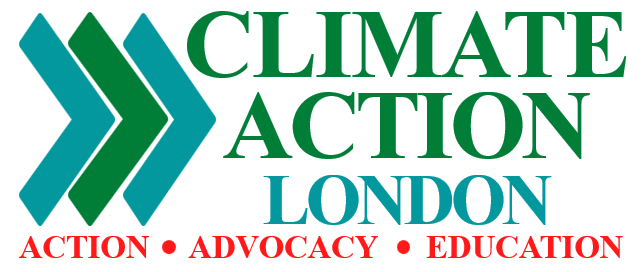Parent & Teacher Resources
-

Importance of Environmental Education
Environmental education connects us to the world around us, teaching us about both natural and built environments. It raises awareness of issues impacting the environment upon which we all depend, as well as actions we can take to improve and sustain it.
Learn more about the importance of environmental education in students and children
-

Let's Talk Science
Over the past 6 years, Let’s Talk Science has been collaborating with Groundswell Projects, a participatory design & research studio, to better understand the people they serve in a rapidly changing world. We believe that through generative research, creative community engagement and strategic thinking practices we can imagine the way to better futures that support all life.
Climate Action Lab is an EDF funded project to understand how effective climate science learning can lead to large-scale transformation and youth action.
-

Start With Small Acts
Taking part in climate action doesn’t have to be difficult. Engaging children from an early age in simple yet fun environmental activities allows them to become more environmentally conscious and raise collective awareness.
Start by going on nature walks with your children, do DIY recyclable crafts, plant potted plants in the classroom.
Learn more activities
-

EcoSchool Certification
The EcoSchools Certification program nurtures environmental leaders, reduces the ecological impact of schools, and builds environmentally responsible school communities.
From individual to community, all members are empowered with knowledge, skills, and the desire to act.
Learn more about becoming an EcoSchool
-

Creating Spaces For Youth
Youth need safe public spaces where they can come together, engage in activities related to their diverse needs and interests, participate in decision making processes and freely express themselves.
It is important for parents, teachers and caregivers to support these spaces in order that children and youth may become fully engaged in action.
Learn more about creating safe spaces for youth
-

Promoting Recycling & Composting
Many schools in London don’t yet have proper recycling and composting programs.
The act of recycling and composting is essential for raising the self awareness of students, especially if this habit is created young.
Learn more about how you can create a composting and recycling program in your class, and the benefits thereof.
-

2040 Film Screening
2040 is an innovative feature documentary that looks to the future, but is vitally important NOW. Award-winning director Damon Gameau embarks on journey to explore what the future would look like by the year 2040 if we embraced the best solutions already available to improve our planet and shifted them into the mainstream.
Host your own movie night and screen 2040 for your class or school!
Access the movie here
-

Promoting Environmental Courses
TVDSB offers credit programs and courses for high school students. They also offer methods of school greening and energy conservation.
Let your students and kids know about these opportunities and work with them to implement these programs.
Learn more here
-

Environment and Intersectionality
intersectionality is a framework that is used to conceptualize and better understand how a person, group of people, or social problem is affected by a number of discrimination and disadvantages. By recognizing this, we are able to recognize injustices and advocate for justice for all people AND the planet.
Learn more about the importance of environmental intersectionality
-

Fashion Takes Action
Fashion Takes Action (FTA) is a non-profit organization established in 2007 to advance sustainability in the fashion industry through education, awareness, research and collaboration. Collaboratively, we are helping move the needle on sustainability through:
-the WEAR Conference,
-Sustainable Fashion Toolkit,
-Youth education program,
-Research projects related to circularity in fashion,
-Meet-ups, speaking engagements and global awareness campaigns.

Curriculum Resources
-
Primary/Middle School
-
High School
-
University/College
